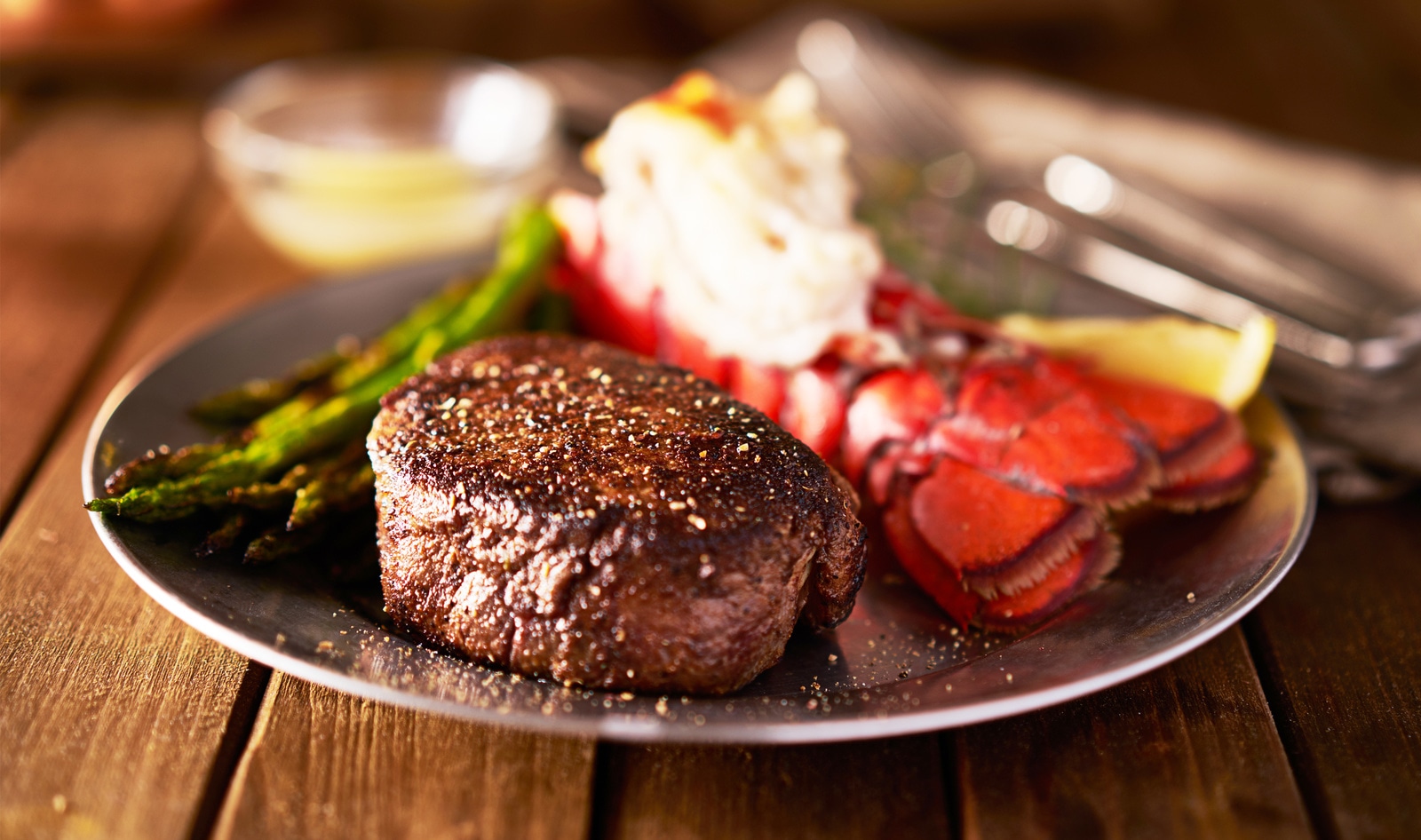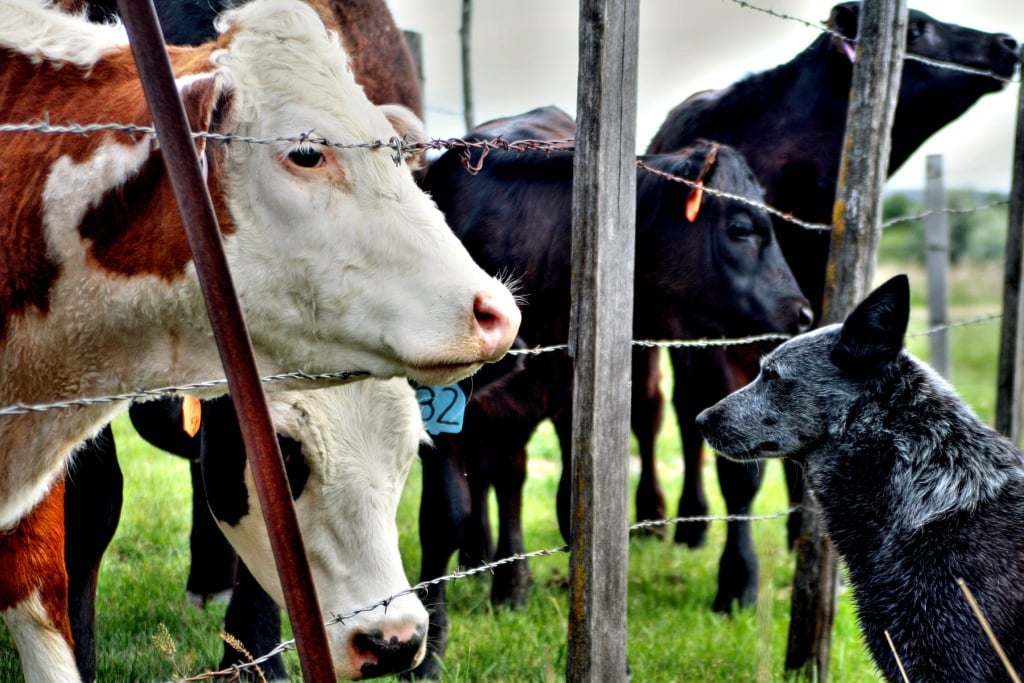From forming the basis of creamy vegan sauces to nutritious and tasty yogurts, the benefits of cashews are widespread.
While they might seem like a simple enough snack, cashews have quite a history. Native to Brazil, cashew trees were discovered by Portuguese colonizers in the 1500s, and their fruit, which produces nuts, was quickly traded around the world. Today, you can still find cashew trees in South America’s rainforests. But, according to Statista, the leading exporter of cashew nuts now is actually nearly 6,000 miles away in Tanzania.
Today, all over the world, cashews are loved for their versatility (particularly when it comes to making vegan milk, cheese, yogurt, and cream), but also for their nutritional benefits. Here, we dive into all of the benefits of cashews, some of the best products on the market, as well as some tasty recipes to make with cashews as the star ingredient.

What are cashews?
The scientific name for the cashew tree is Anacardium occidentale. This produces a pepper-shaped drupe known as the cashew apple, or if you’re in Central America, a Marañón. Underneath this grows a small tree fruit which is shaped like a kidney, and inside that is what is commonly referred to as the cashew “nut” (despite the fact that it is technically a seed).
While they grow in a way that is very similar to legumes, cashews are not classified as such because they grow inside a hard drupe shell, not a pod (like peas, for example).
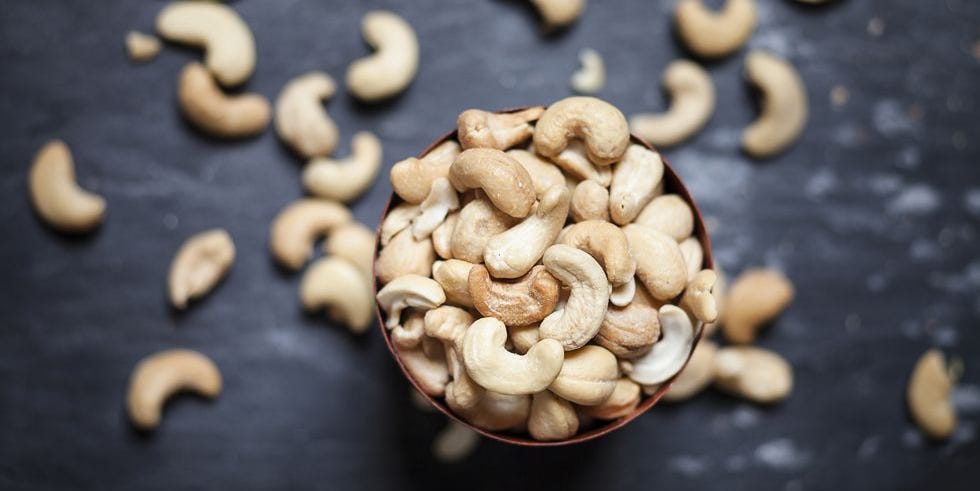
Are cashews healthy?
It’s worth noting that in their raw-shelled form, cashews are poisonous to humans. This is because the shells contain urushiol, a mixture of organic, and toxic, compounds. When human skin comes into contact with urushiol, it can cause an itchy, red, and painful allergic reaction—imagine if you brushed up against some poison ivy, for example, which also contains urushiol.
But most of the cashews you can buy in the store have been cooked and processed, so they’re perfectly safe to eat. And they’re nutritious, too, as they’re a good source of protein, fiber, iron, and unsaturated fats, as well as copper, zinc, and magnesium. To benefit from this nutrition, experts recommend you consume around 15 cashew nuts per day.
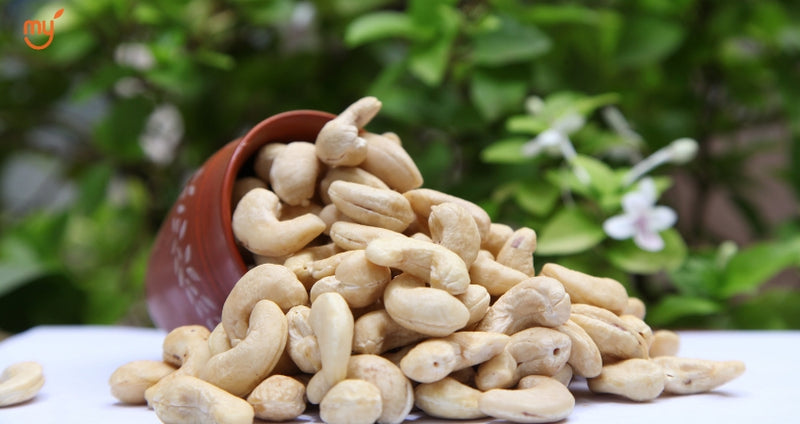
Benefits of cashews
Nutrition aside, cashews have other benefits, too. Because of their creamy texture, they’re an effective dairy alternative, and are used to make milk, cheeses, yogurts, and cream that taste like dairy, but are totally plant-based.
This is, of course, better for the animals. Around 270 million cows are forced to produce milk every year, and most of them live in cramped, dirty factory farming conditions. (According to one 2019 study, more than 99 percent of US farm animals are factory farmed.)
Cashew dairy alternatives are also better for the environment than dairy, which is incredibly resource-intensive. Plus, the entire livestock industry produces 14.5 percent of global greenhouse gas emissions.
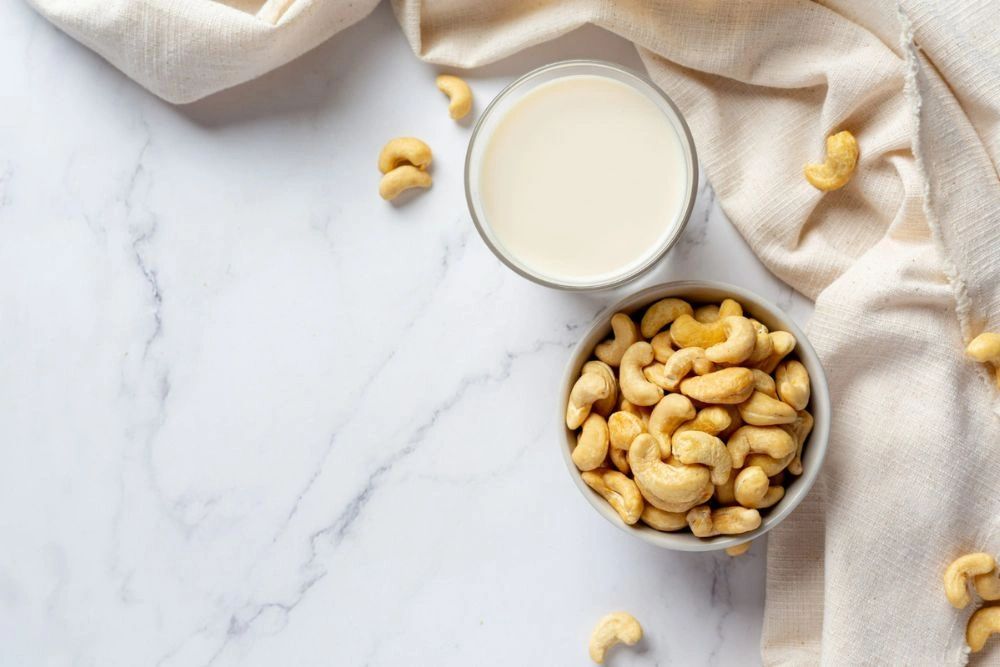
According to the BBC climate change food calculator, which is based on Oxford University research, consuming one glass of dairy milk three to five times a week contributes 131 kilograms to a person’s annual greenhouse gas emissions. It adds that consuming a handful of nuts for the same amount of time contributes to two kilograms of emissions.
** You can read the full text on VegNews **







